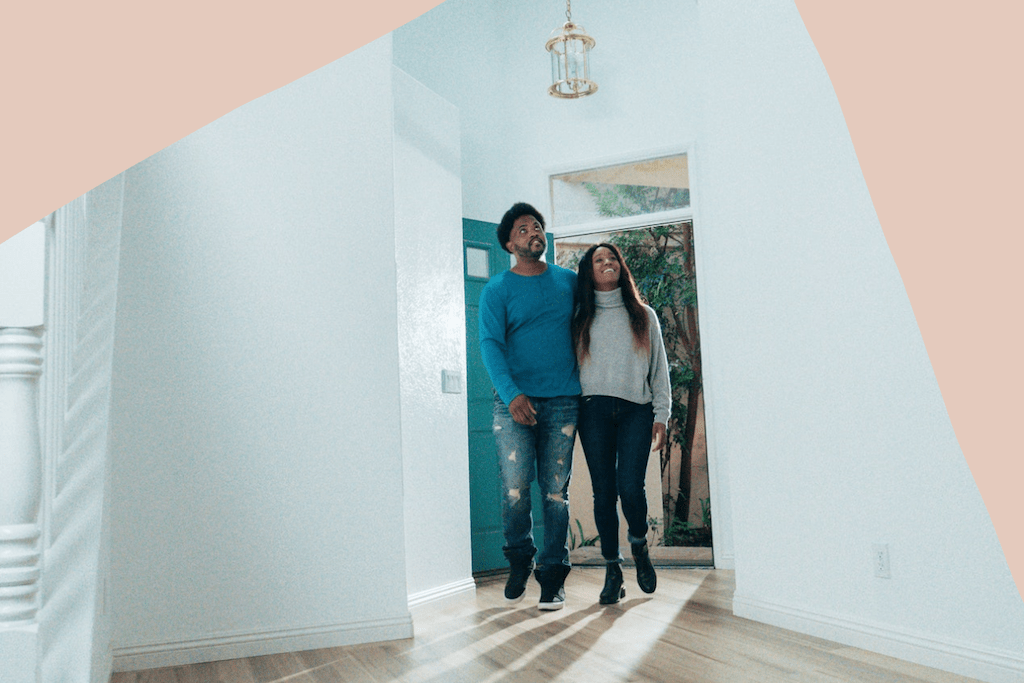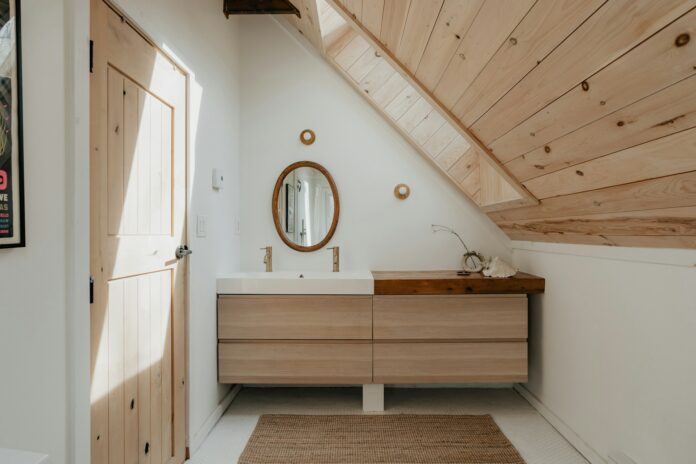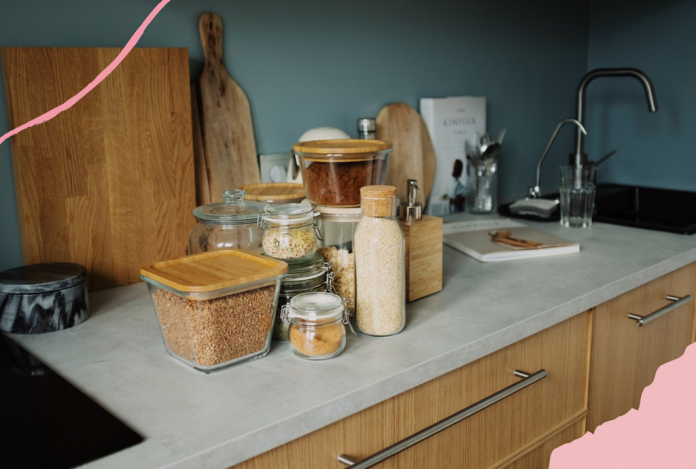News not just in! The UK, and London especially, is home to Europe’s most expensive housing market after that of Monaco. And prices are set to rise further, prompted by recent stamp duty holidays, relative home scarcity and a marked shift in the priorities of property owners brought about by COVID-19.
For the benefit of those at the back, a mortgage is a loan that a person uses to purchase property, such as a home or land. The buyer gets the money from a lender and agrees to pay it back with interest by monthly installments until they finish paying for their house. Typically, repayment lasts for around 25 years.
Somewhat surprisingly, monthly mortgage repayments are increasingly cheaper than average rental payments in the UK. Additionally, with various schemes designed to help first time homeowners out there, such as Help to Buy and Lifetime ISAs, getting on the property ladder has never been more appealing. That said, this is not a decision to be taken lightly, and if you’re thinking about getting a mortgage, here are 7 considerations.
Consider Going Green
As the Guardian writes, homes account for more than a fifth of the UK’s total CO2 emissions, which may help explain why the government and others believe green mortgages could be a gamechanger for moving to a sustainable future.
In short, a green mortgage is one that is aimed specifically at more ‘green’, energy efficient buildings. As an incentive for property buyers to invest in green buildings and for developers to build with the environment at the forefront of their minds, banks or mortgage lenders are offering preferential mortgage terms. This could take the form of an increased loan amount or lower interest rate.
Several UK banks and building societies, including Nationwide, Natwest and Halifax, are now part of such schemes. With addressing the climate catastrophe becoming ever more pressing in the eyes of the public, the government and our financial institutions, expect to see green mortgages becoming more common in the future.
Look Financially Attractive
To get approved for a mortgage, it’s essential that you look as financially attractive to lenders as possible. This can be achieved in a number of ways;
- Keep well on top of your credit score
- Pay off existing loans, overdrafts and credit cards
- Make sure you’re on the electoral register
- Don’t spend frivolously – your recent bank statements will be checked
- Save plenty for a sizeable downpayment
All of these steps will help convince the bank or mortgage lender you’re using that you’re financially responsible and able to commit to making those mortgage payments for the long run.
Read: Buying a home? 5 tips on how to make yourself financially attractive to mortgage lenders

Fixed Rate Or Variable?
In the UK, the two most common options are fixed rate and variable rate mortgages. Whether you choose a fixed-rate mortgage or a variable one hinges on several factors…
Fixed Rate Mortgages
A fixed rate mortgage is a loan where the interest rate remains constant for a predetermined period, typically 2, 3, 5, or 10 years. After this initial term, the mortgage will revert to the lender’s standard variable rate (SVR).
Pros:
1. Budgeting made easy: With a fixed interest rate, your monthly repayments remain the same throughout the fixed term, making budgeting simpler and more predictable.
2. Protection from rate increases: If market interest rates rise, your fixed rate remains unaffected, providing a level of security against fluctuations in the economy.
3. Peace of mind: The stability of a fixed rate mortgage can provide peace of mind, especially for first-time buyers who are new to the responsibilities of homeownership.
Cons:
1. Higher initial rates: Fixed rate mortgages often come with higher interest rates compared to variable rate options at the outset.
2. Lack of flexibility: If market interest rates fall, you won’t benefit from the decrease, potentially leaving you paying more than necessary.
3. Early repayment charges: Fixed rate mortgages usually have early repayment charges if you decide to switch providers or pay off your mortgage before the end of the fixed term.
Variable Rate Mortgages
A variable rate mortgage is a loan where the interest rate can change over time, usually in line with the Bank of England’s base rate or the lender’s SVR. There are two main types of variable rate mortgages: tracker and discount mortgages.
Tracker mortgages follow the Bank of England’s base rate, while discount mortgages are set at a certain percentage below the lender’s SVR.
Pros:
1. Lower initial rates: Variable rate mortgages often have lower interest rates at the beginning compared to fixed rate options.
2. Potential savings: If market interest rates fall, your mortgage repayments will decrease, allowing you to potentially save money over time.
3. Flexibility: Variable rate mortgages usually offer more flexibility in terms of overpayments and switching providers without incurring hefty charges.
Cons:
1. Budgeting challenges: With fluctuating interest rates, your monthly repayments can change, making budgeting more challenging.
2. Exposure to rate increases: If market interest rates rise, your mortgage repayments will increase, potentially putting a strain on your finances.
3. Uncertainty: The lack of a fixed rate can be unsettling for some borrowers who prefer the stability and predictability of fixed rate mortgages.
The Possibility Of Pre-Approval
As Aston & Co, a respected Leicester mortgage advisors, tell us, pre-approval essentially means getting approved by a bank, credit union, or other financial institution before going house hunting. This takes away a lot of stress from someone who does not want an unpleasant surprise later on because they didn’t know how much their mortgage would be monthly or how long it might take them to pay off what’s owed. Being pre-approved sends out important signals about how seriously people are looking for houses.
Sellers will want to see a pre-approval letter before getting into the time-consuming process of organising documents and such, as such evidence represents a statement of serious intent on the part of the buyer.
Deposit, Deposit, Deposit
To achieve favourable mortgage rates, you’ll need a significant deposit, and the bigger, the better, we might add. This is particularly true if you suffer from bad credit or have another reason why you might be less appealing to a bank or lender, such as the fact that you’re self-employed.
In such cases, the size of your deposit will likely be the deciding factor. Not so long ago, it was common that you’d only need to front up 5% of the price of your house as a deposit. The pandemic means you might need to save more than before, as lenders are concerned with the pandemic’s effect on household finances.
Because of this, the bigger the down payment, the better chance you have of receiving a loan. If you can, you should aim to save up around 15% to 20%, depending on the price of the property and how good your credit rating and history is. This should usually be sufficient to secure a mortgage.

Don’t Use The Total Amount You’ve Been Offered
Before you take on a mortgage, be mindful not to accept the highest amount you have been offered as a matter of course. Though this is based on what you earn and can plausibly afford, be aware that it’s what the lender has deemed to be the absolute most, and let’s face it; the lender isn’t always your ally. Just because the maximum is offered doesn’t mean it’s necessarily the most feasible figure for you to pay off readily.
No doubt you’ll need to scrimp, save, and struggle if you take out a mortgage at the absolute maximum of what you can afford, so instead, only accept a mortgage that’s affordable; to understand what’s affordable you’ll need to do the math. Check out the Money Helper’s Mortgage Affordability Calculator for more on that.
Wait For The Fall
Some experts believe that a housing crash is inevitable, eventually, and that first time buyers shouldn’t be in a rush right now. Indeed, just last month, Professor Danny Dorling, social geographer at the University of Oxford, told the Guardian that whilst we’re one of the most uneven countries in Europe, with inequality growing, there will be a fall and houses are bound to become affordable, but predicting when that may be is difficult.
That said, waiting for this meteoric, seemingly unstoppable rise in prices to slow might be sensible.
*Anything written by IDEAL Magazine is not intended to constitute financial advice. Always consult with an independent financial advisor or expert before making an investment or any personal finance decisions.*





